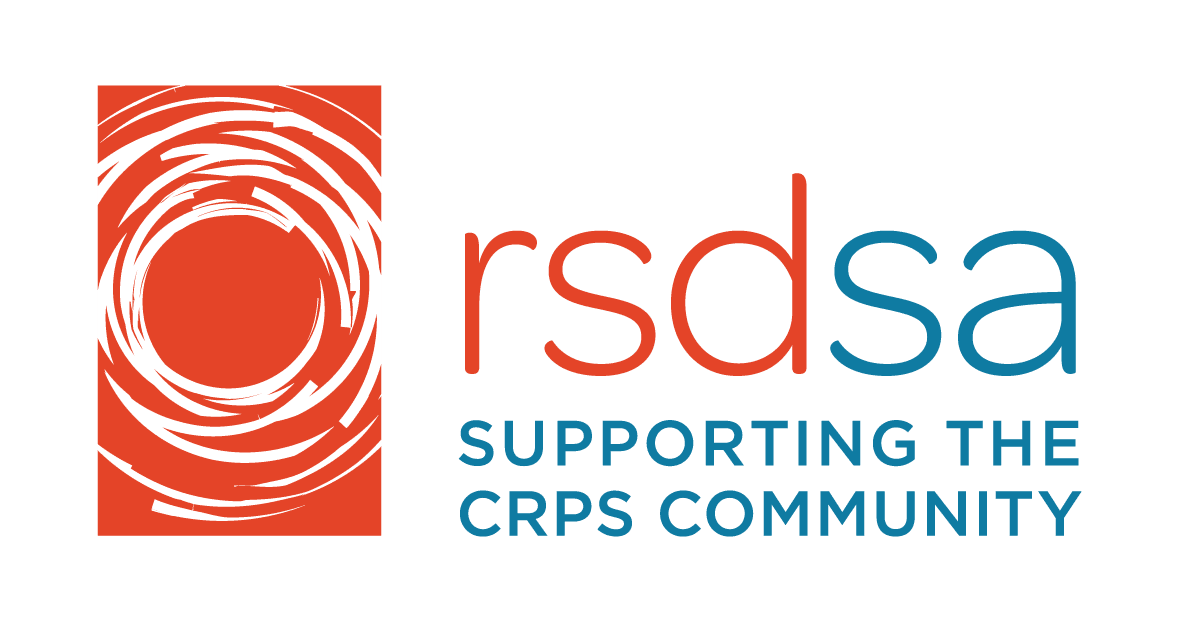Written by James Doulgeris
There is real science and overwhelming evidence to support that ketamine is THE drug to treat CRPS and its two primary comorbidities – PTSD and treatment resistant depression. Presently, ketamine is not covered by any insurance because it is “off-label,” because it has not performed a Clinical Study Proving that it is safe to use over time.
Ketamine use in treating CRPS for over two decades with tens of thousands of patients provides a strong track record of safety and effectiveness. So, why hasn’t the FDA approved it for CRPS/RSD? I have spoken with several FDA officials, and they give two primary reasons:
1. There is no standard of care meaning physicians using ketamine on patients with chronic pain, depression and PTSD have not agreed on a specific treatment protocol including dosages. The lack of self-regulation is problematic for them; and,
2. The FDA requires a study showing that long-term use of ketamine is safe under a standard therapeutic protocol and dosage range. This means that a years-long double-blind study called a PMA, or Pre-Market Assessment, is required to prove that it is safe and effective to use.
Up until now, the money has not existed to perform the FDA study because CRPS is an orphan disease. This means that RSDSA and others are in a poor position to raise the millions of dollars required to mount such a long-term study. Furthermore, the study will take years and an investment into the seven figures to perform. These studies are normally done by a drug company, however, since ketamine has been on the market for over 60 years, is generic and relatively cheap, and it is already being used off-label, there is no incentive for drug companies to do so.
Without FDA approval, insurers do not cover ketamine therapy or infusions meaning, in many cases, profiteering is rampant. Some clinics charge as much as $1,500 USD or more per day for ketamine infusions while others accept insurance fees for infusion services because ketamine is relatively inexpensive. The rest are in-between. Our community is being hurt financially, physically, and emotionally. The cost to a facility for ketamine per day for an infusion is about $40.
Doing the math, anything over $250 to $300 or equivalent per day for a four-hour ketamine infusion is predatory pricing.
Sublingual ketamine tablets, nasal sprays, capsules and creams, standard daily therapy that can significantly reduce the amount of opiates required to achieve equivalent pain relief, can cost over $20 USD per day, or over $7,000 per year making one of the most effective, and opiate sparing, drugs unaffordable for most CRPS patients.
Ketamine nasal sprays, sublingual tablets, extended-release capsules, and topical creams are only available through compounding pharmacies. Quality varies widely as does potency even month to month from the same pharmacy. A recent report on compounding pharmacies was not encouraging, and that is being generous.
The calvary, literally, is coming to the rescue. The Veteran’s Administration, which is performing a study on the long-term effects of ketamine infusions and other means of ketamine administration, has taken the lead. It is within their regulatory powers, and that provides a mutual opportunity for RSDSA to provide a much broader participant cohort to the study, speeding it up by several orders of magnitude. That process is already underway.
Our plan is to apply for an investigational waiver from CMS (Centers for Medicare and Medicaid), which regulates and pays for the Medicare and Medicaid programs covering a suspected majority of our CRPS patients. This waiver would allow Medicare and Medicaid to pay for ketamine as a benefit if used in conjunction with the VA study.
We will keep you advised on the progress of this program, which I have been asked to take the lead on.
We will also be working on developing relationships with existing ketamine infusion centers and reputable compounding pharmacies willing to abide by the VA protocols and will provide that list and instructions as to how to apply to participate in the study.
In the meantime, ketamine infusions are an OUTPATIENT procedure. Again, they should not cost more than $250 to $300 per day and most insurers cover the cost of infusions. Now that you are armed with the facts, get out there and take care of yourself in the short term if you and your physician agree that ketamine infusions are right for you. We are working hard on the rest.
RSDSA is a resource. If you still have a question, you are welcome to ask me by emailing me at [email protected].
